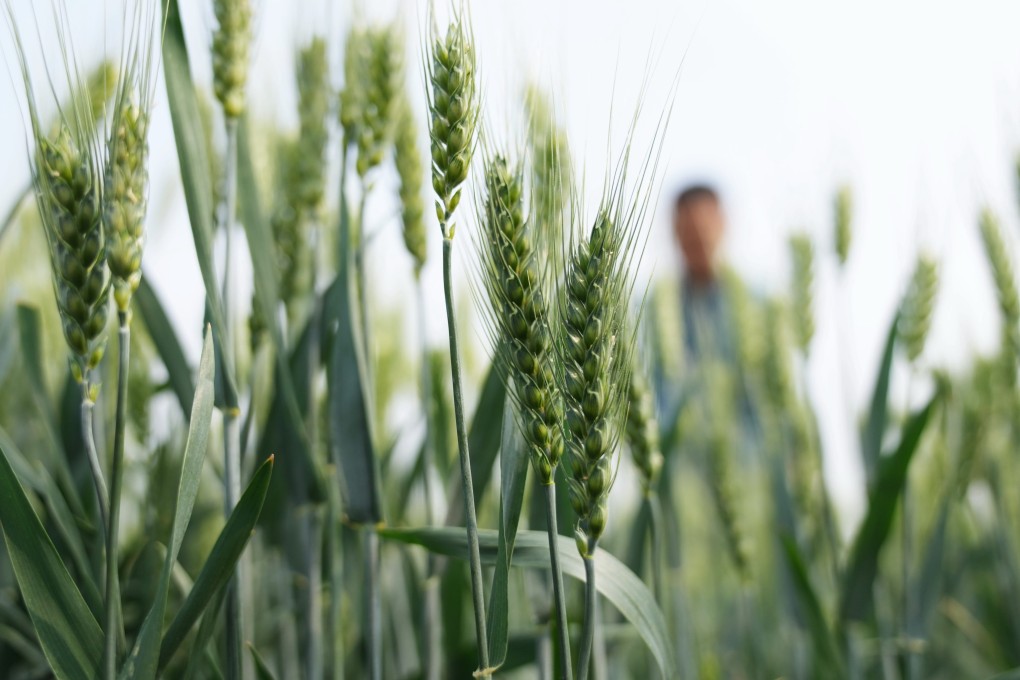Advertisement
Alibaba hiring seed-breeding scientists to develop next-gen ‘chips of agriculture’ at its research unit Damo Academy
- The lead scientist in the field will use AI, biotech and other cutting-edge technologies to solve major challenges in the field of intelligent seed breeding
- The focus on seed breeding aligns with Beijing’s food security priorities and Alibaba co-founder Jack Ma’s interest in sustainable agriculture
Reading Time:2 minutes
Why you can trust SCMP

Chinese e-commerce giant Alibaba Group Holding is looking to hire life intelligence scientists to lead the field of “smart breeding” for its Damo Academy, according to three job postings published this week, as it seeks to promote development in China’s seed industry.
The company’s research institute has roles open for high-performance computing scientists, life science scientists and technology experts in the field. The team and its lead scientist will use artificial intelligence (AI), bioinformatics, computational biology, statistics and other cutting-edge technologies to solve major challenges for intelligent seed breeding.
The initiative aims to “build up a whole supply chain and an intelligent public service sector for smart breeding, providing important technical support to accelerate the cultivation of new crop varieties”, it added.
Seed breeding uses cross-pollination to develop new plant varieties with desired traits such as higher yields and resistance to disease and climate change.
Advertisement
Development in the sector is of growing interest to Beijing, which places food security among its highest national priorities amid rising geopolitical uncertainties. Earlier this year, Chinese officials sounded the alarm about “over-reliance” on seed imports from major exporters like the US.
Dubbed the essential “chips of agriculture”, seeds bred in China are generally considered low in quality and efficiency, with the industry suffering from a lack of innovation and low crop yields compared with the global market, according to an article published by the country’s top agricultural journal, China Seed Industry, in April.
Advertisement
In response, experts have called on the government to increase collaboration between universities and companies to employ smarter breeding techniques to ensure China’s population of 1.4 billion people has enough food, given limited arable land and water resources.
Advertisement
Select Voice
Select Speed
1.00x